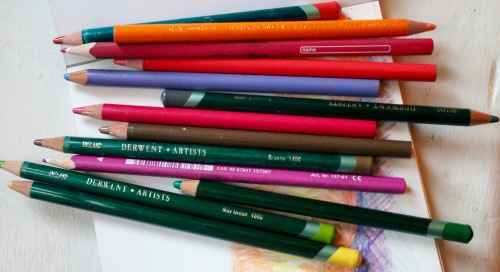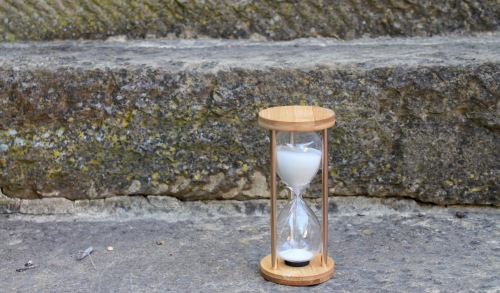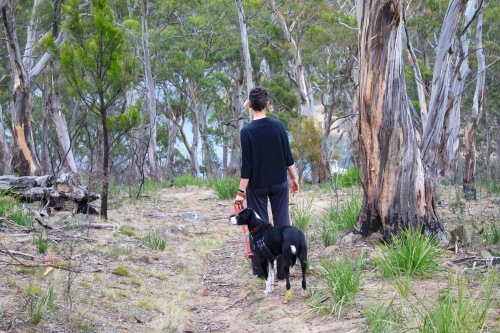interview

‘Stop thinking about it’, says my daughter, on a bush walk before dinner. ‘Just do it or don’t do it.’ ‘She’s right’, I say to myself, choosing not to respond. But then since when did the other person being right help anyone make a big decision?
When Tolstoy was plagued by indecision, about whether or not to marry, he wrote two lists in a notebook, one for marriage and one against it. By the time he’d done each of his lists was about even. Here are my two lists, very nearly equal, one for doing a drawing course, the other for not doing it.
For:
- To develop a skill that is native but rusty, and that might push me in a good way.
- To have a sabbatical after twenty years of writing part-time and being with family much of the time. To give me a perspective on my life by focusing on something outside myself – drawing in a studio – which would be a break from pushing myself as a writer and being there for my family.
- To be released from a particular version of myself, the existential equivalent of travel, without leaving a city I like living in.
- To have the instruction of two art teachers who, from first impressions, I like.
- To work around others rather than working alone as a writer.
- To make the most of my kids leaving home by doing something constructive, that I otherwise may not have done.
Against:
- Rather than seeing my kid’s absence as a chance to write full-time, I distract myself by doing a half-time course which takes me in another direction.
- Not earning money, confirming my financial dependence on others.
- Turning a private passion into a kind of work – fifteen hours a week in a studio – puncturing my fantasy of drawing as an escape from daily life, challenging me in new and not always welcome ways.
- Being an older student among predominantly younger students.
- Making myself busy as a defence against loneliness.
- Practical problems. Being locked into a timetable of school terms which conflict with my daughter’s university semesters. Putting our reactive dog in daycare when I’m at school – expense etc. Being at home less to support my hard-working husband. Lots of standing at an easel, which may require more yoga?
- A drawing course seems indulgent, increasing my existential angst for the future. Fear of failure.
+ + +
Now that I’ve been interviewed for the drawing course – 45 minutes with a lecturer looking at my portfolio and discussing the pros and cons of my suitability for the course – the decision has passed out of my hands. I can accept or not accept a place, but I can’t offer it. Probably should have been less honest.
Fingers crossed!


